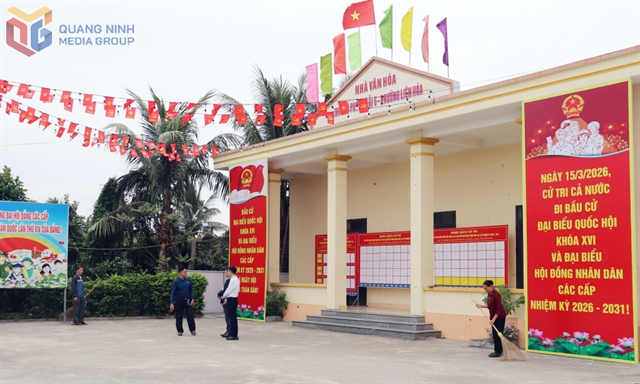
According to the Quảng Ninh Province's Election Committee, a total of 15 candidates will contest three constituencies for nine seats in the National Assembly.
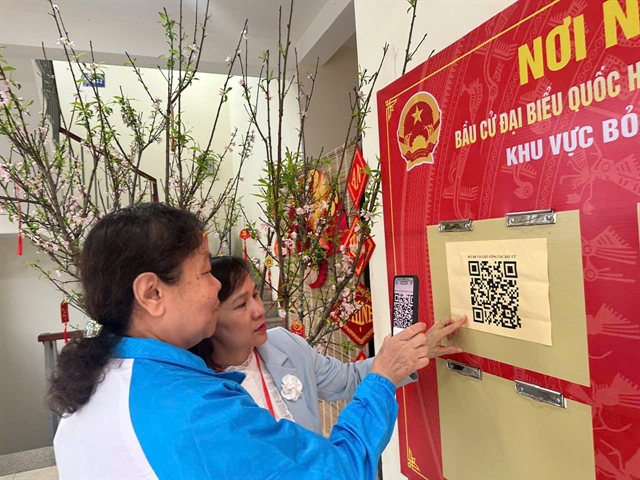
On Thursday, the Hà Nội Women’s Union organised a thematic training session titled 'The role of women in elections and communication and mobilisation of Voters', held both in person and online for grassroots chapters.

The health sector must remain steadfast in the ultimate goal of universal health coverage, ensuring that every citizen has timely and equitable access to quality medical services, with no one left behind due to geographical, economic or social barriers, Party General Secretary Tô Lâm has stressed.

In the past, local ethnic people mainly relied on agriculture and handicrafts. Today, thanks to advances in science and technology and broader economic development, living standards have improved markedly.
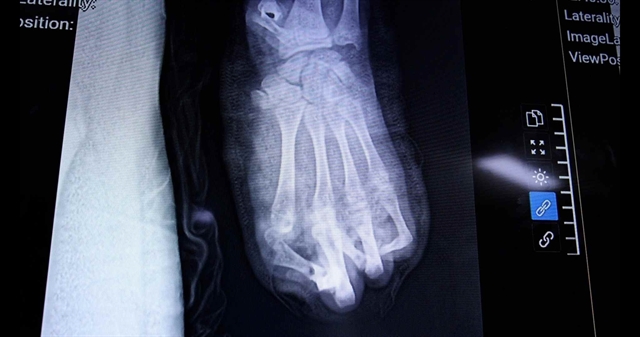
The patient has undergone surgical debridement to remove crushed tissue and foreign objects, including firework fragments, but doctors say the patient will still lose at least two fingers.
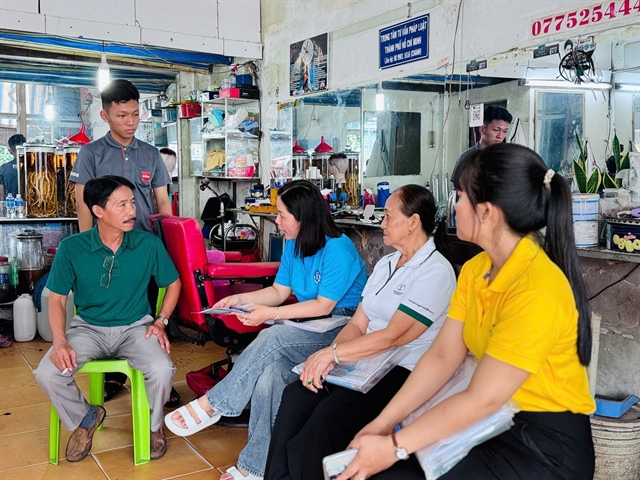
Total accumulated reserves of Việt Nam Social Security now top VNĐ1.5 quadrillion, making them one of Việt Nam’s largest off-budget public financial vehicles and ensuring long-term capacity to meet benefit obligations.
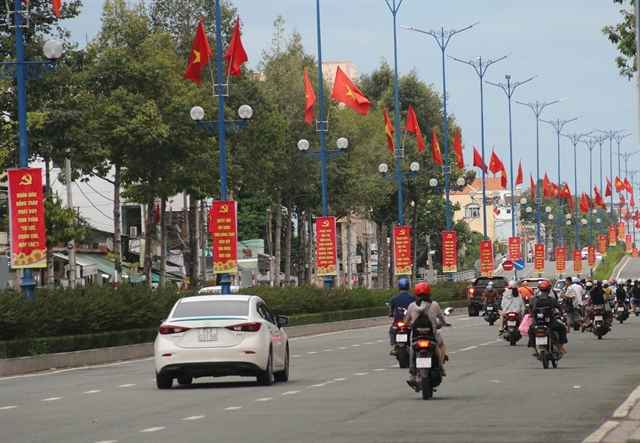
The Cửu Long (Mekong) Delta province of Đồng Tháp is looking to the 14th National Party Congress for breakthrough decisions to sustain growth and improve people’s lives.
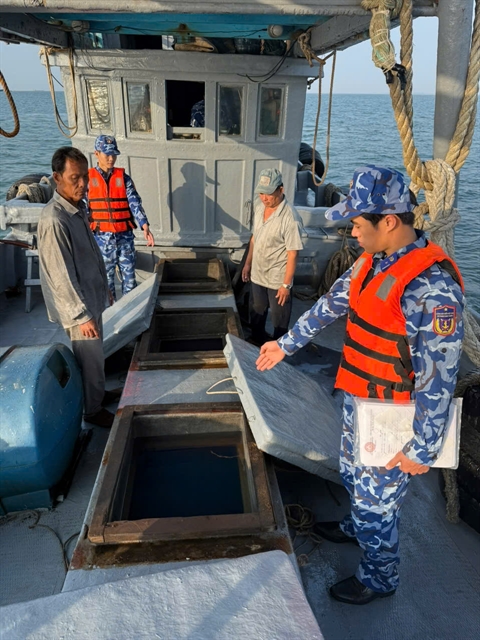
The Việt Nam Coast Guard has seized 40,000 litres of contraband diesel from a wooden fishing boat off the coast of Vũng Tàu in HCM City.
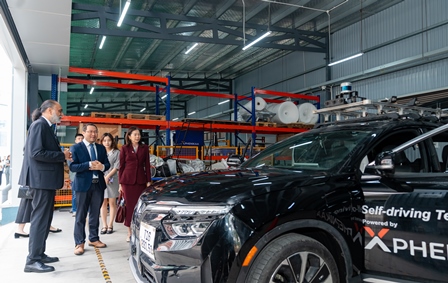
UN technology envoy Amandeep Singh Gill urges universities to bridge the digital divide, linking innovation with ethics, skills, and social values for inclusive, sustainable development.
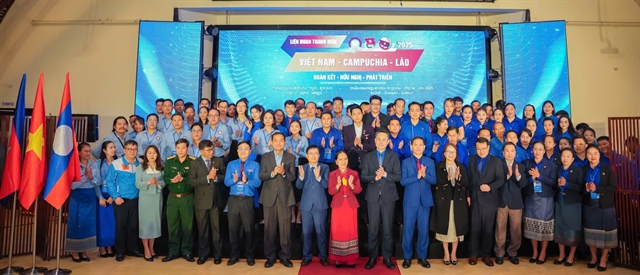
The festival includes a seminar on “A green journey for sustainable development”, field trips highlighting local culture, history and socio-economic potential, along with cultural, artistic and sports exchanges.
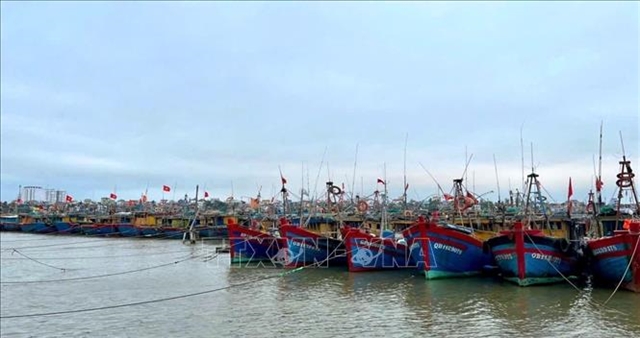
The central province has also paid attention to collecting registration and inspection data, integrating it for management, and ensuring that non-compliant vessels are not allowed to go fishing.
.jpg)
The 1,350m bridge significantly shortens the distance from Buengkan in northeastern Thailand, through Bolikhamxay in central Laos, to the Cầu Treo border gate in Việt Nam’s central Hà Tĩnh Province to just over 200km.